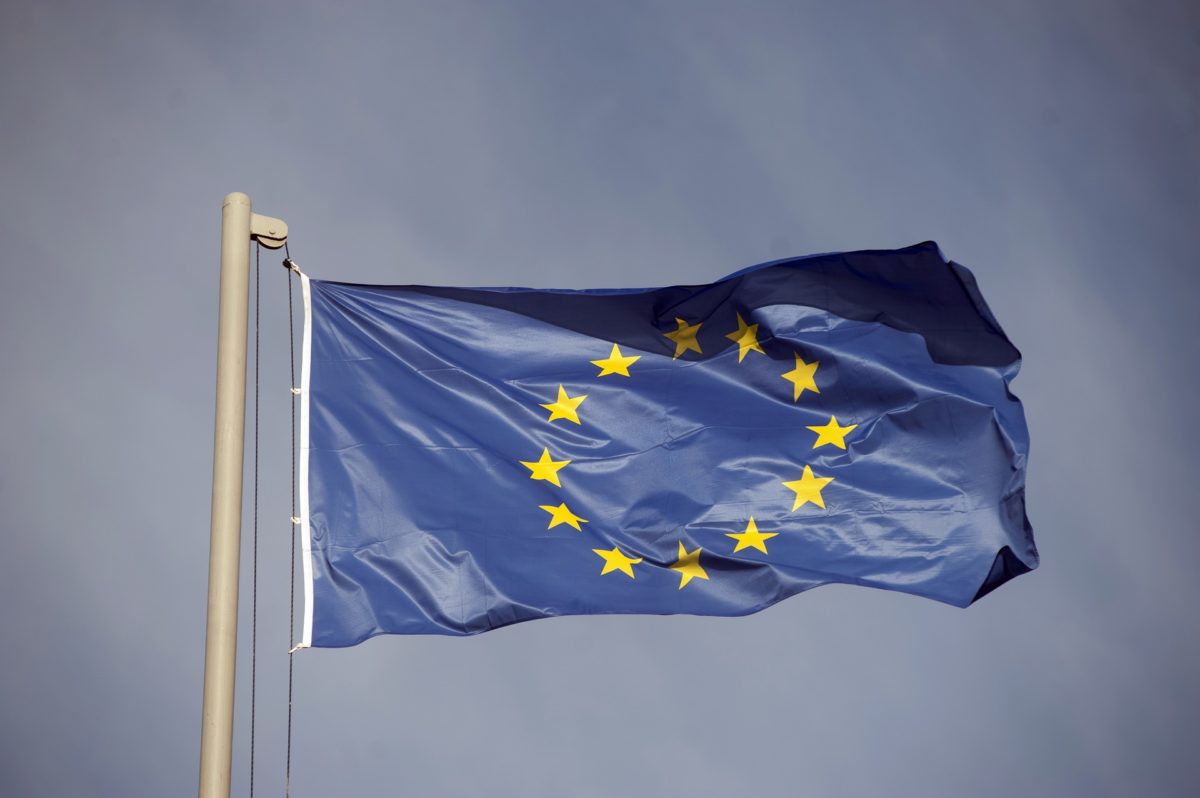After giving the final green light for its clean energy package in late May, the European Commission has published two important documents in the Official Journal of the European Union that will be crucial for its implementation, following the launch of the package at the end of 2016: the Directive (EU) 2019/944 on common rules for the internal market for electricity and amending Directive 2012/27/EU and the Regulation (EU) 2019/943 on the internal market for electricity.
The first document, which sets out general rules for the shaping of a new common electricity market within the EU, urges all member states to support cross-border trade in electricity, facilitate consumer participation, sustain investments in flexible energy generation — including storage and electromobility — and to improve interconnections among different national energy systems. The provisions also require, among other things, electricity markets to be competitive and consumer-centered, while ensuring that electricity customers are free to purchase power from the supplier of their choice. Consumers can also have more than one electricity supply contract at the same time, provided that the required connections and metering points are established. In addition, consumers should be free to buy and trade electricity services independently from their electricity supply contractors.
Furthermore, EU member countries are expected to enable power producers to supply customers within their territories through direct lines, without being subject to disproportionate administrative procedures or costs. It has asked member states not to introduce or maintain requirements, administrative fees, procedures and charges for active clients that participate to the energy market through their own distributed power generators or through the aggregation market, with network charges expected to be cost-reflective.
Still, EU countries are invited to favor the creation of the so-called citizen energy communities and to make sure that they have access to all electricity markets, either directly or through aggregation, in a non-discriminatory way. Participation of demand response through aggregation is also strongly recommended by the EC in the document.
“Member states shall ensure that transmission system operators and distribution system operators, when procuring ancillary services, treat market participants engaged in the aggregation of demand response in a non-discriminatory manner alongside producers on the basis of their technical capabilities,” it states.
Popular content
As for the introduction of smart meters, the document asks EU countries to ensure that electricity customers contribute to the associated costs of deployment in a transparent and non-discriminatory manner, while also stressing the long-term benefits these could add to the whole value chain.
The second document, aimed at providing the fundamental principles of the future common electricity market, describes how a fair cross-border exchange in electricity should be conducted, while also setting the basic rules to encourage free price formation and more flexible generation and demand.
“Market rules shall deliver appropriate investment incentives for generation, in particular for long-term investments in a decarbonized and sustainable electricity system, energy storage, energy efficiency and demand response to meet market needs,” the regulation reads.
The documents also provide indications for the balancing market, trading on the day-ahead and intraday markets, the dispatching of generation and demand response, and redispatching.
This content is protected by copyright and may not be reused. If you want to cooperate with us and would like to reuse some of our content, please contact: editors@pv-magazine.com.



By submitting this form you agree to pv magazine using your data for the purposes of publishing your comment.
Your personal data will only be disclosed or otherwise transmitted to third parties for the purposes of spam filtering or if this is necessary for technical maintenance of the website. Any other transfer to third parties will not take place unless this is justified on the basis of applicable data protection regulations or if pv magazine is legally obliged to do so.
You may revoke this consent at any time with effect for the future, in which case your personal data will be deleted immediately. Otherwise, your data will be deleted if pv magazine has processed your request or the purpose of data storage is fulfilled.
Further information on data privacy can be found in our Data Protection Policy.